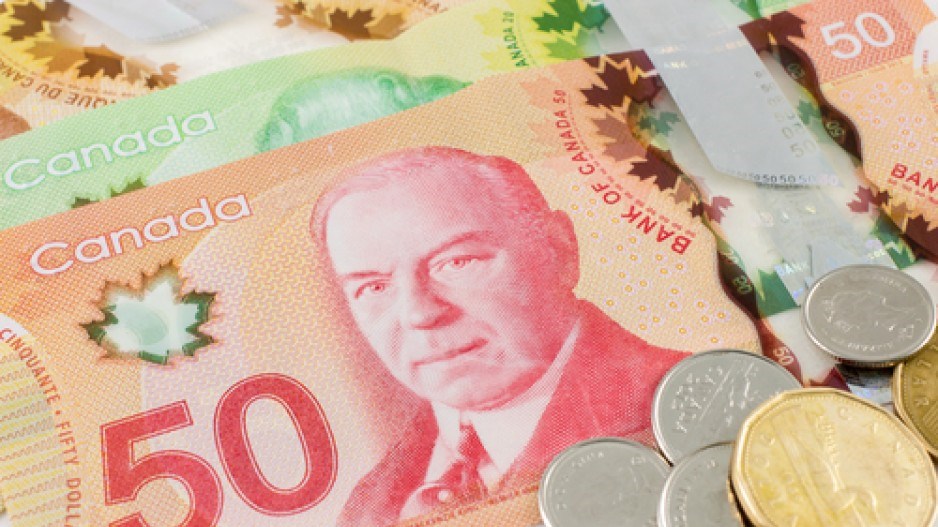British Columbians could have roughly $1.5 billion of additional discretionary income in 2015, if oil prices continue in the US$60-to-US$70-per-barrel range.
And that’s good news for B.C. consumers and business.
Although sustained low oil prices could have a negative impact on some parts of B.C.’s economy – the nascent liquefied natural gas industry, for example – lower oil and gas prices are generally good for B.C. because it leaves more money in consumers’ pockets.
It’s especially good for small business, according to BMO Capital Markets.
“For B.C., it’s a net positive,” said Ken Peacock, chief economist for the Business Council of British Columbia. “When gas prices drop like they have, it’s a direct savings for families and households, and that gives them more money to spend, and that boosts the economy.”
“In general terms, consumers are pretty sizable winners,” adds CIBC analyst Peter Buchanan.
Falling crude prices will be bad for the Canadian economy overall, and especially bad for Alberta, Saskatchewan and Newfoundland, where provincial governments will be coping with drastic drops in oil tax revenue and soaring unemployment.
BMO Capital Markets estimates the drop in oil prices will shave about 0.4% off Canada’s projected growth in gross domestic product in 2015. B.C., which produces little oil, is more insulated than other provinces from low oil prices.
Since exports are such a big part of B.C.’s economy, a low Canadian dollar – which tends to move with oil prices – is good for exporters and manufacturers.
From lumber and coal to hydrogen fuel cells, B.C.-made products are now roughly 15% to 20% less expensive to foreign buyers, said Marcus Ewert-Johns, B.C. vice-president of the Canadian Manufacturers & Exporters.
On the other hand, B.C. companies that need to buy machinery or equipment from manufacturers outside of Canada will be paying a 15% to 20% premium on those big-ticket items. So the net benefit will depend on how much they need to invest in new equipment and materials.
Gas prices in the Lower Mainland fell below $1 per litre last week (a $0.55-per-litre drop since June 2015) and below $0.90 per litre in some parts of B.C.
CIBC estimates that will translate into $10 billion to $13 billion in savings for Canadians in 2015, if oil stays between US$60 and US$70 per barrel.
B.C.’s share of that windfall would be about $1.5 billion, Buchanan said. It’s assumed consumers will use about half of any windfall to pay down debts or put in the bank.
“Our basic assumption was that consumers spend about half of what they save on lower motor fuel costs and other things,” Buchanan said.
That leaves $700 to $800 million in additional cash in British Columbians’ pockets.
The retail and hospitality sectors are likely to benefit, said Richard Truscott, director of provincial affairs for the Canadian Federation of Independent Business.
“If there’s more money in consumers’ pockets that’s going to trickle down through the rest of the economy,” Truscott said. “It’s going to directly impact a lot of businesses in the food services and consumer retail areas.”
David Gray, a retail analyst, said it could take a while before any significant savings start to trickle down to the retail sector, and even then, he doubts it will send British Columbians on major spending sprees.




